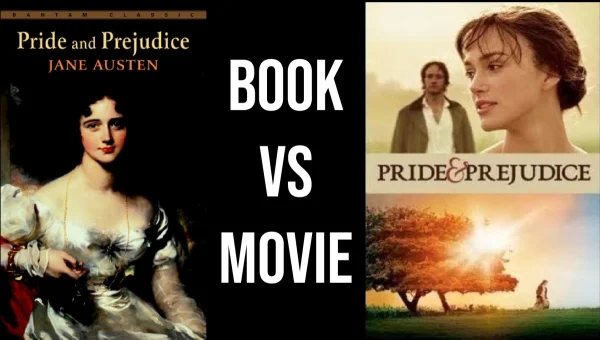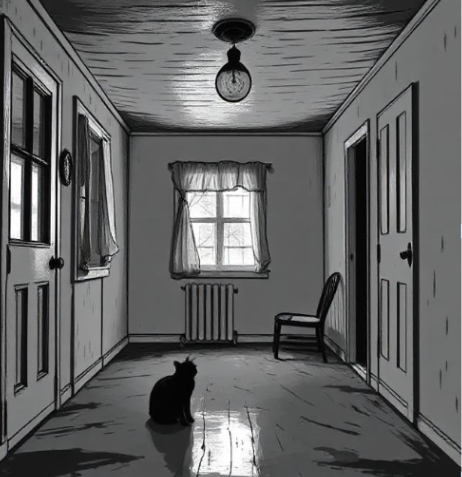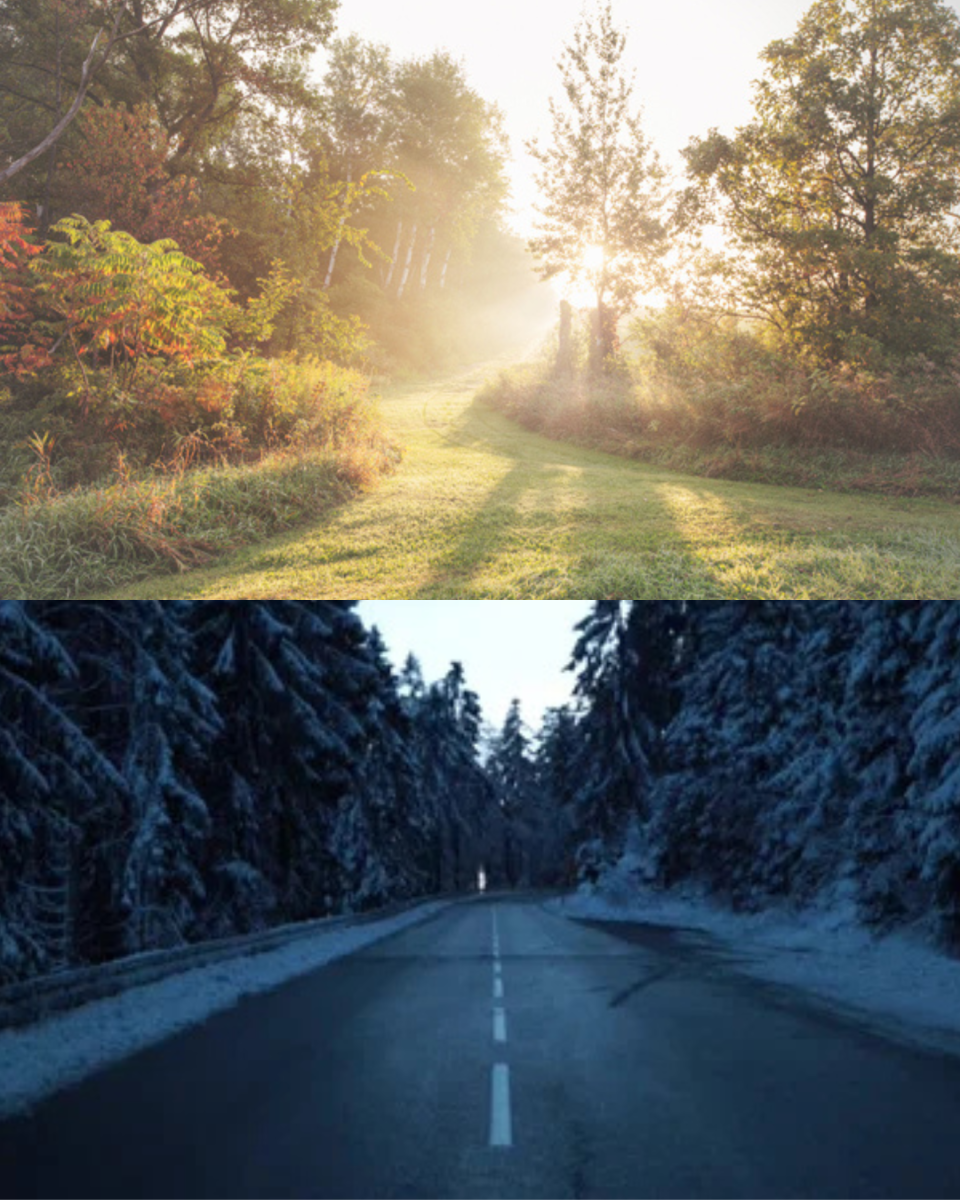A film adaptation is a pre-existing work that has been made into a film. The process involves turning the original literary work into a screenplay which ultimately becomes the film. The goal of this is to create a cinematic experience that captures the essence of the original work.
Literary works can include many things, not just books. They include novels, biographies, poems, essays, letters, short stories, musicals or plays, and even other films. People like to turn literary works into films for many reasons but the main reason is to expand the story to a new audience.

Little Women is a good example of a film adaptation. Originally, it was published in two novels in 1868 and 1869, written by Louisa May Alcott, but there have been hundreds of Little Women adaptations. The most notable ones are 1933’s, 1949’s, 1994, and then 2019’s groundbreaking adaptation. It is a timeless novel that continues to appeal to people. There are so many ways to go about deciphering Little Women which makes all the different adaptations unique.
Another example of a greatly executed film adaptation is the 2005 Pride and Prejudice movie. It stayed very faithful to Jane Austens original novel, made in 1813, while maintaining beautiful cinematography, strong performances, and emotional depth.
During the 80’s, aka the blockbuster era, people started hating film adaptations and film in general. People felt that the art was taken out of the film and movie makers were focused more on gaining a profit rather than creating a work of art. There are lots of personal reasons a person might dislike a film adaptation like deviation from source material, personal attachment, or commercialization, but the most common is changes to character and plot. It is inevitable that changes are going to be made when developing a film adaptation, mostly due to time restrictions, but also because some things on paper just don’t translate to the screen.
 That’s where a lot of people make the argument, “it wasn’t like that in the book” and where that negative stigma surrounding film adaptations stems from. People believe films do not have the ability to deliver as complex or meaningful of a story as the original work due to its limitation of time and subjectivity and believe a film can actually ruin the original work. As much as I hate to admit it, depending on the film, there is also a loss of depth which could potentially dumb down the audience.
That’s where a lot of people make the argument, “it wasn’t like that in the book” and where that negative stigma surrounding film adaptations stems from. People believe films do not have the ability to deliver as complex or meaningful of a story as the original work due to its limitation of time and subjectivity and believe a film can actually ruin the original work. As much as I hate to admit it, depending on the film, there is also a loss of depth which could potentially dumb down the audience.
In today’s world of entertainment bad film adaptations are inevitable, but even the bad ones are still important as they give us new insight to a literary work. Film adaptations account for up to 50% of all films and in 2023 alone there were roughly 80 film and TV adaptations which goes to show how popular they are.
You can gain new insight after watching film adaptations. Films are often more clear with their message which makes it easier to understand, and is why people prefer watching a movie over reading a book. You may also view things differently after watching the film. In our generation, reading has slowly fizzled out with more entertainment forms being produced, which means we are absorbing our knowledge mainly through film which makes film adaptations so vital in today’s world.

They also bring attention to the original work, so when the film is done right, viewers may read the book or other form of literary work after if they haven’t previously read it.
Films influence our understanding and interpretations of literary works in positive ways. There are many factors that go into film adaptations and they are very subjective, but when done right they can help shape the way we view the story.


























